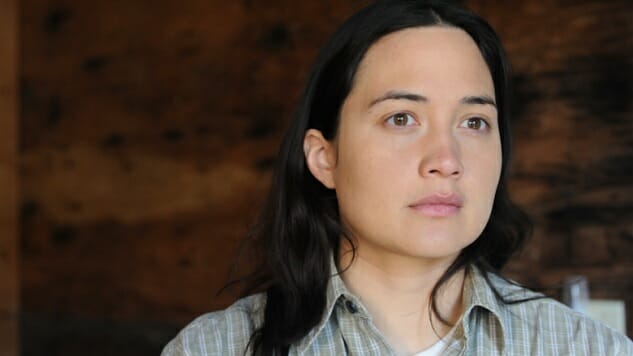Best of Criterion’s New Releases, September 2017

Each month, the Paste staff brings you a look at the best new selections from The Criterion Collection. Much beloved by casual fans and cinephiles alike, The Criterion Collection has for over three decades presented special editions of important classic and contemporary films. You can explore the complete collection here. In the meantime, here are our top picks for the month of September:
 Rebecca
Rebecca
Director: Alfred Hitchcock
Year: 1940
Rebecca is one of the most haunting and effective ghost films ever made, and it accomplishes this while not having a single ghost or any supernatural elements in it. On the surface, it’s a melodrama about a melancholic debonair millionaire, Maxim, (Is there anyone but Laurence Olivier to play such a role with such grace?) who attempts to get over his grief regarding his deceased wife by falling in love, or pretending to fall in love, with a vibrant young girl (Joan Fontaine). Both Daphne DuMaurier’s original novel and this Best Picture Oscar winning adaptation do not give this woman a name, since she will not be graced with an identity of her own while living under the insurmountable shadow of the seemingly untouchable and impeccable Rebecca, Maxim’s previous wife. Rebecca might be officially dead and gone, but her presence still haunts the giant interiors of Maxim’s mansion, forcing the young girl with every breath to compare her “lowly and common” self to the unattainable beauty of the one she perhaps unwisely replaced. Just like he did with Marnie, Hitchcock takes the inner trauma and conflict of a usually dramatic protagonist and turns her into a splendid conduit for a taut psychological thriller. Rebecca is shot with a dark and stark noir look, the exact opposite one might expect from what looks on the page to be a lush melodrama. In fact, Hitch’s unusual tone for the adaptation apparently caused quite a stir between him and uber-producer David O. Selznick, who was expecting a more straightforward drama. (In fact, one of the most welcome extras in Criterion’s Blu-ray is the printing of a series of contentious letters between the two cinematic powerhouses during Rebecca ’s production.)
Criterion’s 1080p transfer from a new restoration looks incredibly clear and crisp, with a healthy amount of grain and minimum use of digital noise reduction in order to retain the celluloid look. The extras alone will take fans a day to get through, complete with a new interview about the film’s special effects, as well as a feature length documentary of Du Maurier. However, the best extra is a vintage hour-long candid interview with the master of suspense himself. —Oktay Kozak
-

-

-

-

-

-

-

-

-

-

-

-

-

-

-

-

-

-

-

-

-

-

-

-

-

-

-

-

-

-

-

-

-

-

-

-

-

-

-

-

 Festival
Festival Certain Women
Certain Women David Lynch: The Art Life
David Lynch: The Art Life The Piano Teacher
The Piano Teacher






































